I work face to face with people who seek or are referred for information, advice, guidance and support from Changing Lives. Changing Lives supports people who are facing some of the most toughest challenges in their life at this moment in time which can be things such as unemployment, homelessness, recovery from addictions or domestic abuse.
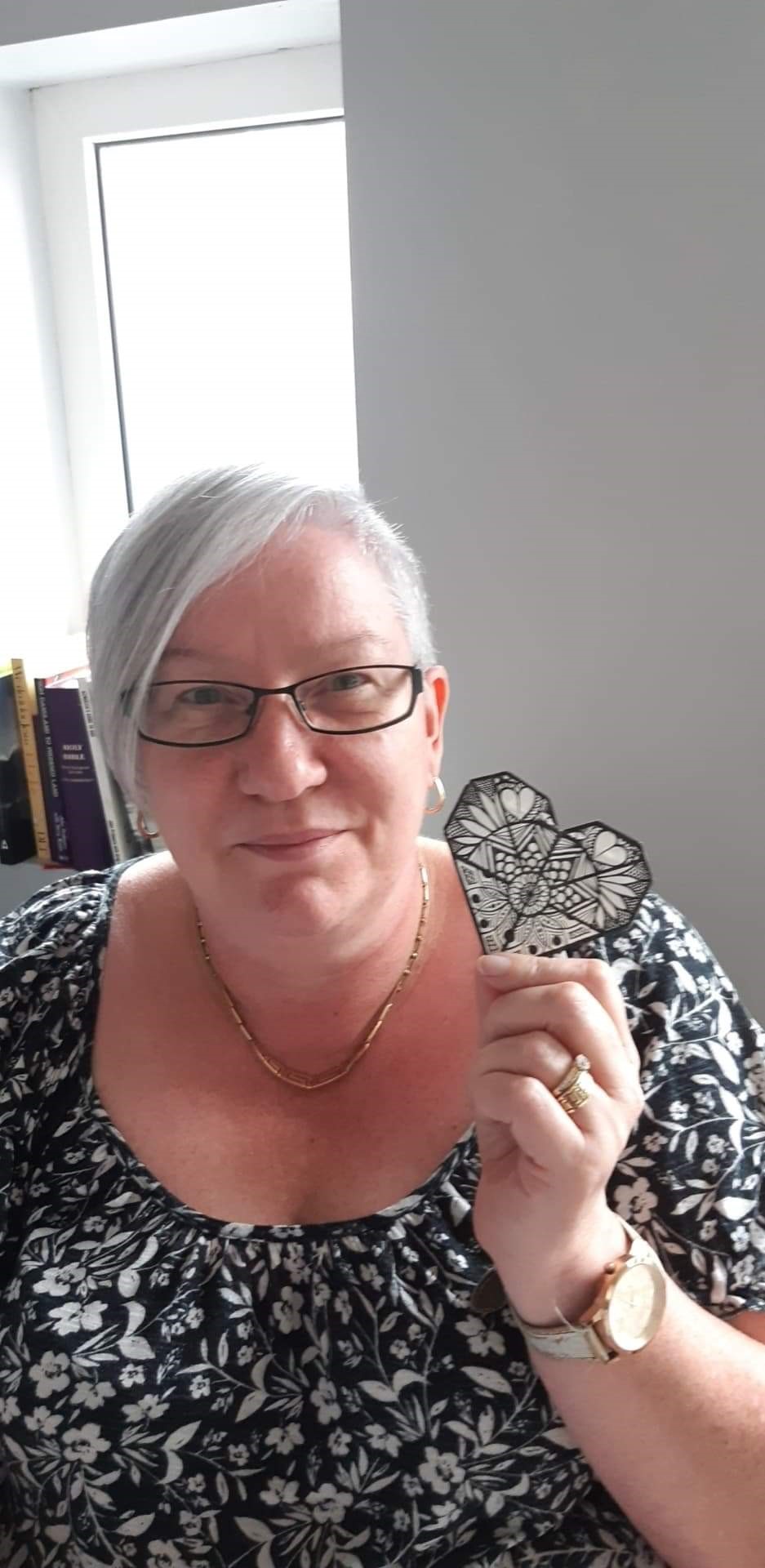
When a person is dealing with a deterioration in their mental health following, for example, the death of a family member or an injury at work then they can struggle to make phone calls, collect their medication and open letters or look after themselves so avoid eating, bathing and changing their clothes. Letters can contain information that the person has to take action on and if left unopened it can cause financial difficulties as well as health issues and further deterioration in their mental health. For example, they might have missed a hospital appointment; did not attend a diabetes review; renew their home insurance; pay their car tax. From this very small list of examples you can see the very real impact it can have on their life which can further exacerbate their current situation.
If the person needs to wait to see a family member or have an appointment with a charity in the advice sector who can help them by opening their letters or making phone calls, but their situation could be deteriorating during this time. Their life can be a very big challenge and one that cannot be dealt with in this moment in time but with help, either short term or ongoing, things can improve.
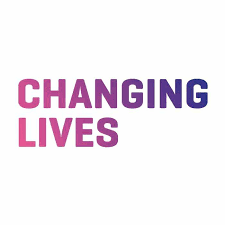
What can help an individual, a family member, carer or an organisation acting on behalf of the person who would be seen as ‘in vulnerable circumstances’ by professionals (although the person themselves may not see themselves as vulnerable so the vulnerability has to be recognised by professionals) is that agencies understand vulnerabilities, deal with people empathetically (whether face to face, telephone, text, email), have shared information such as an income and expenditure that can be used industry wide such as IEHub’s income and expenditure and a vulnerability register such as that in place by the Vulnerability Registration Service. This means that creditors, Local Authorities etc can look on the register to see if someone is registered as vulnerable at this time. Registering once stops the person or the person helping them ringing 10 different organisation and waiting quite often in long telephone wait queues. Their income and expenditures can be completed once and then altered as the person circumstances change and other agencies can access it and check that the details are still correct.
I would like to see the process made much easier for people to advise of the challenges they are facing at a moment in time without fear of being judged, belittled or assumptions being made about how they should feel or act with things such as grief. Most of us will have, at some point in our life, received atrocious customer service and come off the phone annoyed or wanting to make a complaint. If someone is mentally unwell during this call it could see them: stop making other calls; withdraw from life; become extremely volatile; be abusive to those on the phone or around them; be suicidal; give up hope. Having call wait times of 45 minutes can increase someone’s anxiety to the point they either hang up after 5 minutes or can’t reason their thoughts when the phone is answered. Remembering it could have taken days to work up to picking the phone up in the first place.
We do not know what someone else is going through. We do not know how they feel. We cannot decide how someone else feels. We need to listen and give them time to explain in their own words. We are all human beings and life can be difficult and challenging for us all at certain points in our life so be kind and patient.





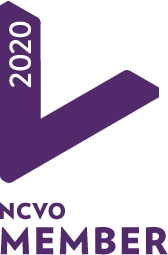

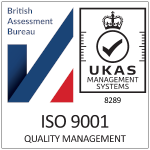

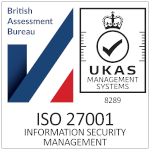
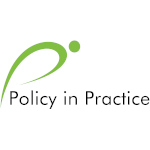
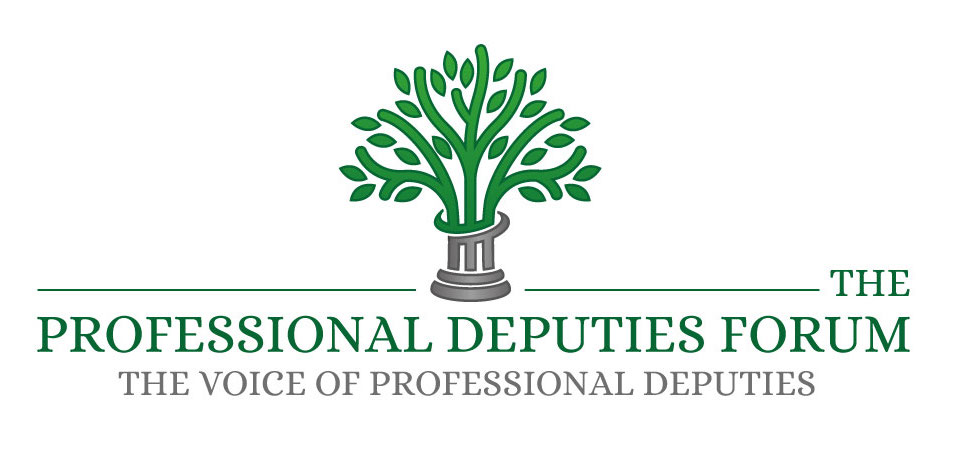

Post a comment